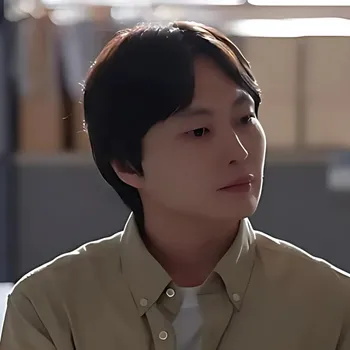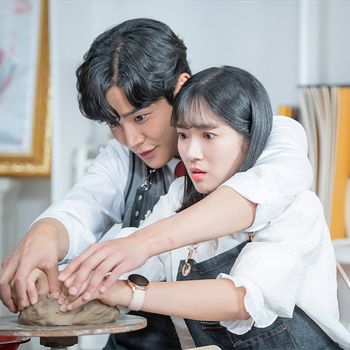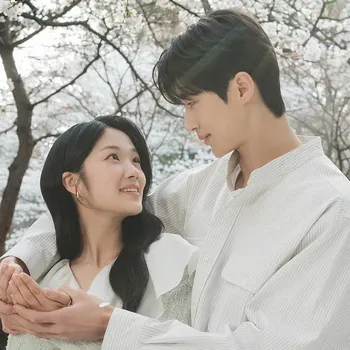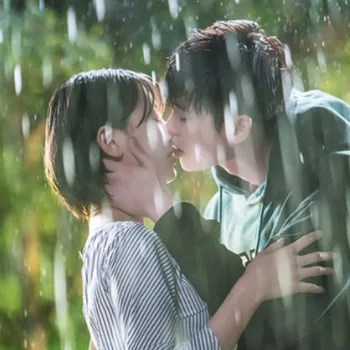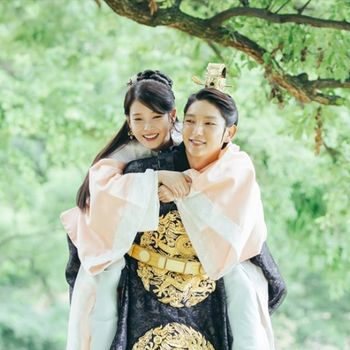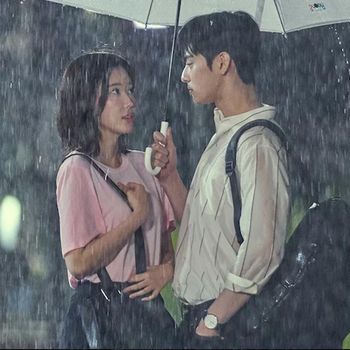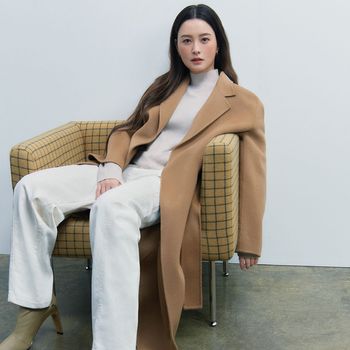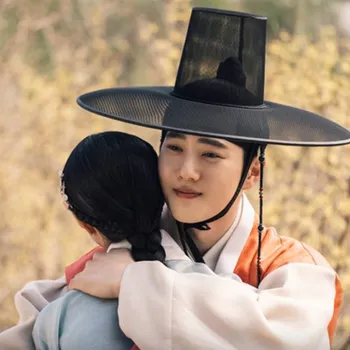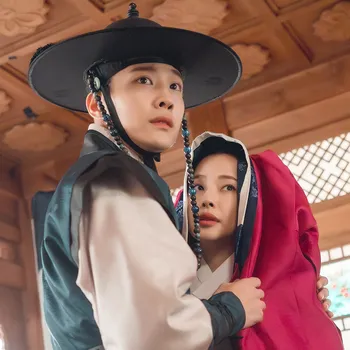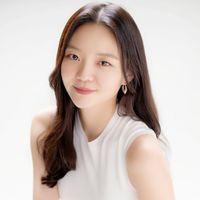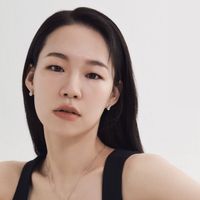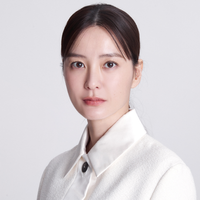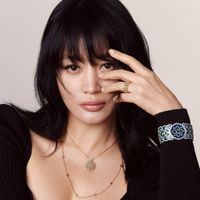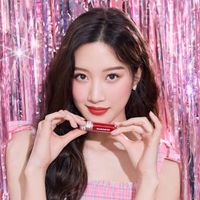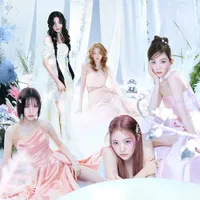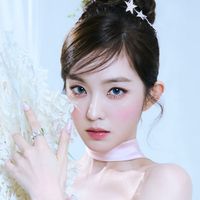
Mun KaYoung's Instagram / Irene's Instagram / Epiphany Film / Scribner UK
Let's travel back in time to the early 90s - the birth of Korean cinema, where female characters were relegated to roles of the dutiful wife, the kind mother, or the fatal seductress. These polarizing one-dimensional representations of the female agency took over the industry until the first waves of cine-feminism swept across the nation in the 1990s. Today, the Korean art and entertainment industry is a pioneer in the discourse of feminism but it is also a battleground where the fire of anti-feminism rages on. In this article, we will be looking at the feminist movement in South Korea while analyzing the "taboo" around the same. Let's get into it!
In most parts of Asia, “feminism” is a Western concept. So, quite naturally, when feminism was introduced to local contexts in Asian countries, it was looked down upon for bringing Western culture into an environment where it was not only unwelcome but also blatantly rejected. It was said to be the cause of confusion and chaos, and thus, a negative image of feminists started to be publicized. However, when it comes to South Korea, there’s a whole other breed of feminism at play, born of the country’s own unique socio-cultural landscape.
The specific nature of Korean feminism derives its roots from a number of historical contexts but it first appeared in the midst of Japanese colonial rule and the national liberation movement in particular. As the Republic of Korea was established in 1948, discrimination against women in terms of rights, education, employment, and marriage was prohibited by a new constitution. However, the
Enjoy full access for just $1
Join over 10,000 active members!
🌟 Special Contents for Subscribers
